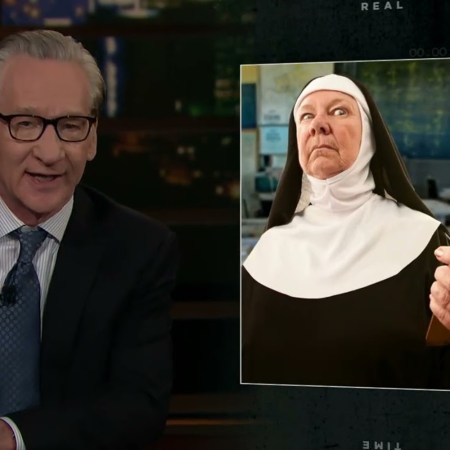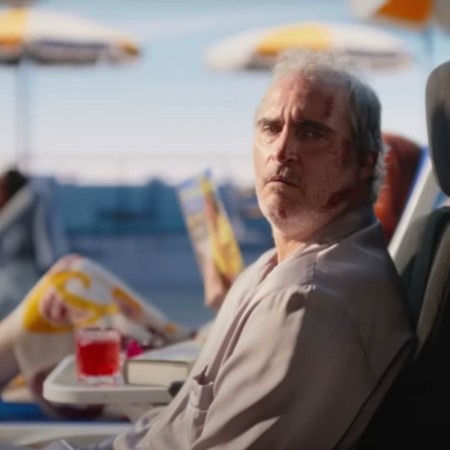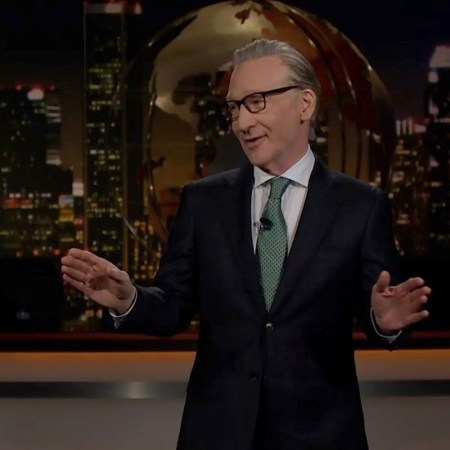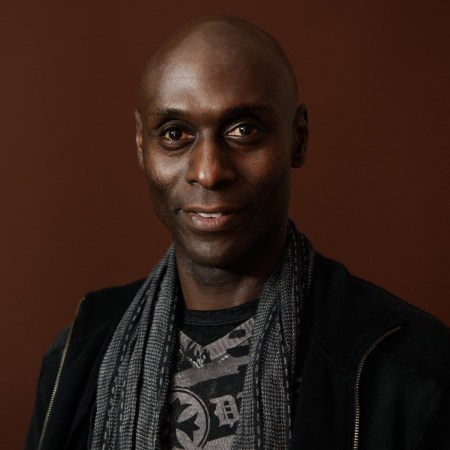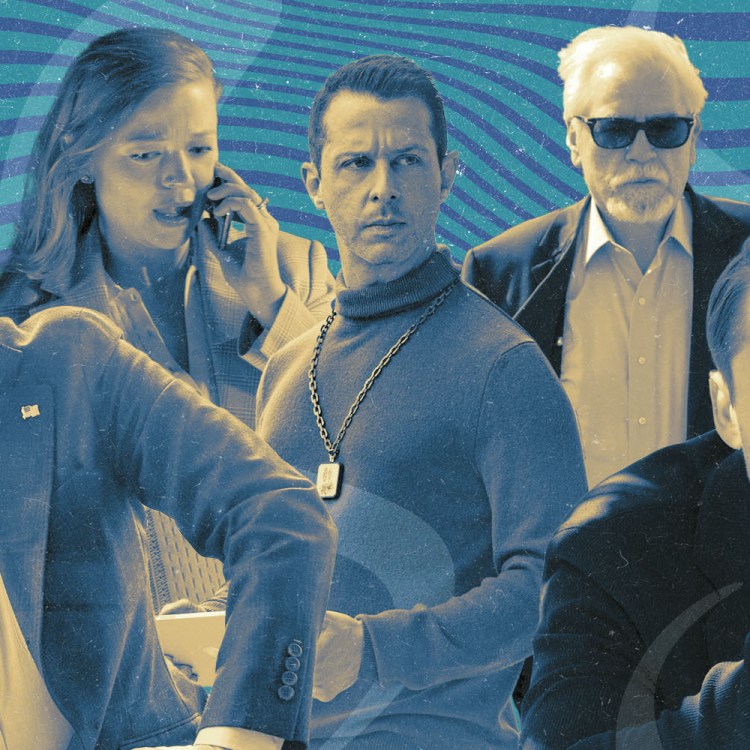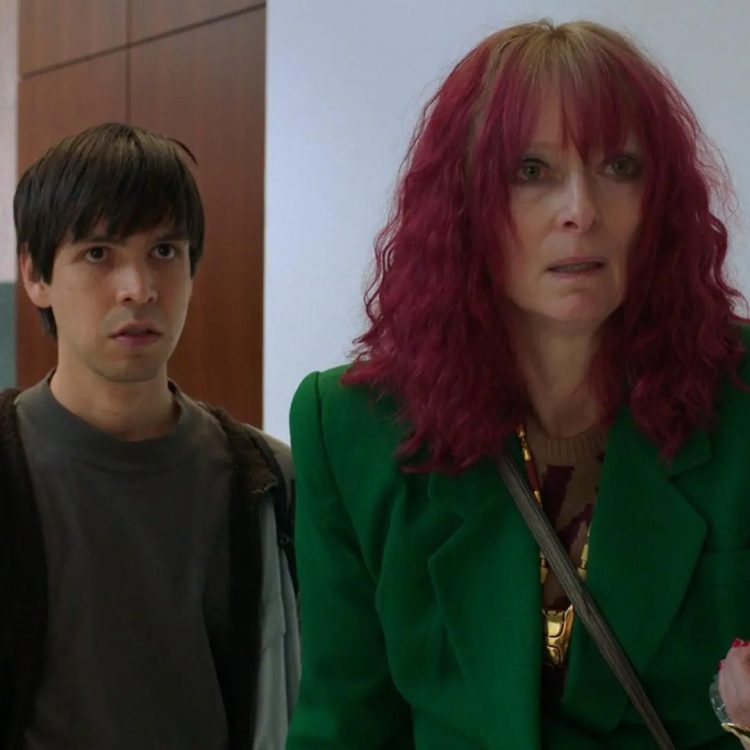OK, the big joke here is that what you know as “Comedy Central” isn’t technically 30 years old.
The cable channel was birthed out of The Comedy Channel, which debuted on November 15th, 1989. That station was owned by HBO; a competing laughs network Ha! (owned by Viacom/MTV Networks) launched a few months later, and the two were merged on April 1, 1991 as The Comedy Network, before rebranding to Comedy Central two months later.
So it’s either 30 years or 28 and change. No matter. The DNA of Comedy Central really sprung from that initial HBO attempt to make stand-up, sketch comedy, low-budget concept series and comedian-hosted talk/clip shows a permanent 24-7 act in the basic cable world (whereas Ha! was more about sitcom reruns).
We’d need a very large book to document the network’s influence on both comedy and television over the last three decades. (And don’t get us started on all the great programming that didn’t make an impact: Yes, I will stan for Idiotsitter.) But below, we highlight eight important Comedy Central achievements and milestones:
It Launched a 30-Year Institution in Mystery Science Theater 3000
Plucked from a local Minneapolis TV station, MST3K was picked up by The Comedy Channel and then became a long-running series on Comedy Central, lasting until 1996. The premise — a human and two robots are subjected to terrible movies while trapped on a spaceship — was unimportant. But the trio’s non-stop riffing on terrible films has never gone out of style. The Peabody-winning show’s launched its own movie, been revived twice for TV (a new take is currently on Netflix, which got its second rebirth via an almost $6 million crowdfunding campaign) and various cast members still tour and record new audio-only episodes under the name RiffTrax. Plus, the show’s served as a modern-day inspiration for bad-movie podcasts such as How Did This Get Made?
An Early Comedy Central Show Introduced Us to Both Jon Stewart and Marc Maron
Both comedians served as hosts (at different times, in slightly different formats) on Short Attention Span Theater, a comedy clip show that also survived the original Comedy Channel days and lasted for six seasons. While Maron found more success outside the channel on his own podcast and as an actor (Maron, GLOW), he did host two comedy specials for the network and guest on the long-running animated series Dr. Katz. Stewart went on to his own failed talk syndicated talk show, but found success on CC with The Daily Show.
Suddenly, Talk Shows Got Really Political …
From 1999 to 2015, it seemed like everyone was getting their news from The Daily Show. After his hiring, Stewart revamped the show — formerly a bro-ish but entertaining talk-fest with ex-ESPN host Craig Kilborn — into quick-witted political commentary. It also spun off an equally popular concept with Stephen Colbert and launched the careers of future talk show hosts Trevor Noah (the current Daily Show ringleader), Samantha Bee and John Oliver. Now try to find a nighttime show (outside of Conan O’Brien and Jimmy Fallon) that doesn’t jump headfirst into the political arena.
While Sketch Comedy Was Reinvigorated
The NY-based improv group Upright Citizens Brigade landed a TV series on Comedy Central in 1998. While that show didn’t change the comedy landscape overnight, it was certainly influential — the national recognition helped make UCB an institution and comedy training ground, and the group’s alumni (Amy Poehler, Matt Walsh, Adam McKay, Ian Roberts, Horatio Sanz, Chris Gethard, Ilana Glazer, Abbi Jacobson) went on to become small- and big-screen stars.
And Comedy Broadened Its Scope
Comedians such as Dave Chappelle, Amy Schumer and Broad City’s Ilana Glazer and Abbi Jacobsen brought in viewpoints that were largely absent from television comedy with their respective Comedy Central shows.
Animation Became Mainstream, But in Very Different Ways
Without the charming Dr. Katz, Professional Therapist (a Comedy Central staple form 1995-2002), would we have had the animated-but-still-grounded pleasures of King of the Hill or Bob’s Burgers (the latter produced by Katz’s Loren Bouchard)? Without the 23 obscenely funny seasons of South Park, would we have Netflix’s equally lewd Big Mouth? Proof that you could do something animated on primetime TV that wasn’t The Simpsons (even if South Park had an entire episode presenting the opposite argument).
The Network Turned Everyday Stand-Ups Into Big Names
There’s a good chance if you had a show with your name in the title on Comedy Central, you’d eventually go on to bigger and better things. So credit the network for turning Adam DeVine, Jeff Ross, Dave Chappelle, Gabriel Iglesias, Dave Attell, Demetri Martin, Amy Schumer, John Oliver, Key & Peele, Nick Kroll, Lewis Black, Nikki Glaser, Chris Hardwick, Bill Maher and Daniel Tosh into household (or near-household) names.
And Finally, Without Comedy Central, We Wouldn’t Have the World’s Dirtiest Joke
Days after 9/11, Gilbert Gottfried started his Friars Club roast of Hugh Hefner (broadcast on Comedy Central) with an ill-timed plane-into-building joke. Panicking after the audience’s stunned reaction, Gottfried trotted out the tale of the Aristocrats, a long-running in-joke amongst comedians that relied entirely on shock value. The success of those early roasts made them a Comedy Central staple starting in 2003 (and later helped launched Amy Schumer’s career with her epic Mike Tyson takedown); Gottfried’s joke inspired the 2005 documentary The Aristocrats. (Good luck finding a high-quality video of Gottfried’s routine … but here’s part of it and a description from the movie.)
This article was featured in the InsideHook newsletter. Sign up now.

